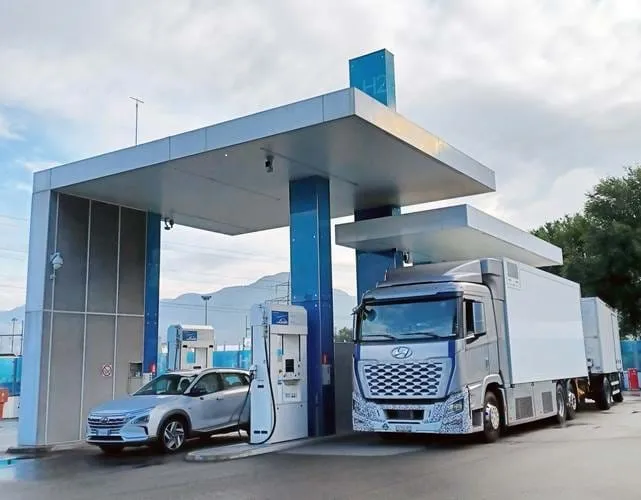
Berlin-Brandenburg, Germany’s capital region, is here at the ITS World Congress to highlight its considerable strength as a major ITS location from research and development through manufacture to proving ground and demonstration projects. The cluster is managed under the aegis of the Berlin Partner for Business and Technology and the Brandenburg Economic Development Board (ZAB).
As Sascha Tiede, Head of Unit Mobility & Logistics at Berlin Partner for Business and Technology points out, Berlin Capital Region is already an important centre for ITS. “This is underlined by the 90 companies and 24 scientific institutions based in Berlin Capital Region, coupled with the fact that it has an innovative, dynamic ICT scene in the area of mobile applications and is a well-established proving ground for the latest transport technologies with outstanding international visibility,” Tiede said.
Berlin-Brandenburg is also rich in state-of-the-art traffic information and traffic management facilities and there is an excellent research and education landscape due to the large number of scientific institutions.
The goal of the Berlin Partner for Business and Technology and the Brandenburg Economic Development Board (ZAB) is to provide comprehensive support to companies and scientific institutions interested in inward investment or further development in the capital region. Support is multifaceted, including assistance with finding a site; funding and financing; technology transfer and R&D cooperation; cooperating in networks; recruiting personnel; and developing international markets.










